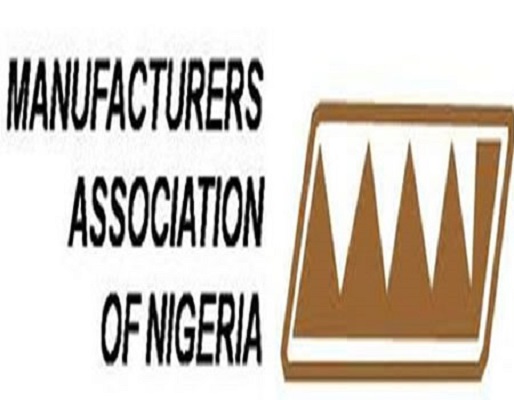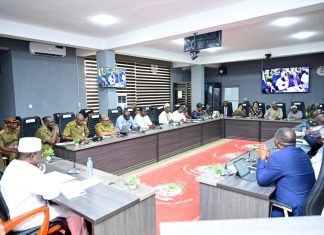The group warned that the rise in MPR from 14% to 15.54% would have an adverse effect on other rates and put a stop to hopes for a lending rate for the productive sector of the economy that is in the single digits.
The top manufacturers’ organization also predicted that the most recent development would push manufacturers’ borrowing costs well over double-digit rates, which would discourage new investments in the industry.
The following was part of the statement: “The observed continuing contractionary monetary policy posture without complementary fiscal support may not effectively decrease the prevailing inflationary pressure on the economy. This is related to the NBS report’s finding that the recent rise in the consumer price index is not primarily caused by monetary phenomena, as self-inflicted weak foreign exchange rate management can be linked to the pressure.”
Read Also: Why this year’s Nigerian Independence Day celebration was different
Also, MAN said the rate hike would cause increased factor costs which fed into high product prices, making the sector uncompetitive.
The association also hinted that the spiral effect of the CBN’s decision to raise benchmark borrowing rate would lead to attendant job losses, thereby exacerbating the nation’s already worrisome unemployment statistics.
MAN said it was hopeful that the CBN would creatively go beyond the conventional monetary management system because global economic dynamics were changing and conventional measures might no longer be effective.
The statement further read, “It is important that the monetary authority strategically set in motion mechanism for holistic balancing of the real interest rate, which is critical to investment and not just following leading economies to adjust Interest rate without considering domestic peculiarities.”
On its part, NACCIMA described the decision of the Monetary Policy Committee of the Central Bank of Nigeria as unidirectional and one that would negatively affect both businesses and individuals.
It noted that the manufacturing sector was already facing several obstacles, including high exchange rates, forex scarcity, currency depreciation, the cost of diesel, and insecurity.
The statement partly read, “The persistent increase in interest rates may not be sufficient to reduce the inflation rate. We feel that this is primarily a strategy to manage inflation and does not address the underlying cause of inflation, which is the rising food costs caused by several variables, including the devaluation of the Naira and the cost of energy, which has impacted production and transportation.”
Read Also: Osun guber: Court judgment against APC primary dead on arrival – Oyetola’s counsel
According to NACCIMA, the survival of most small and medium-sized businesses was threatened by the rising costs of capital and production, resulting in an increase in the price of finished items.
The statement also noted that due to higher interest rates, it would be more challenging for businesses to repay their loans, and the majority could be threatened with insolvency.
This is another opportunity to own a faster-loading website to expand your business and take it digitally online. Meet the best website designer/master coder for any kind of website. Contact them now it is affordable Chat now: 09077260922




















